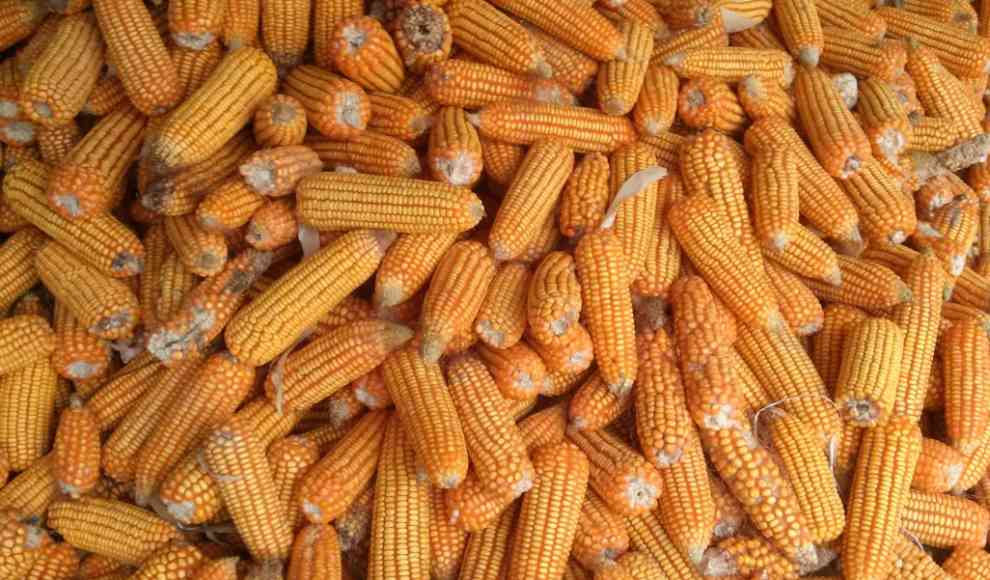A new genetically modified yeast has been developed that can turn plant waste into bioethanol, a fuel that can be mixed with gasoline. Currently, crops such as corn, wheat, and sugar beets are the primary sources of bioethanol production, but a significant amount of plant waste, such as leaves and stems, is left behind during harvest and not utilized. The modified yeast can break down the sugars in this waste and turn it into bioethanol, potentially increasing the yield from a single hectare of crops.
Bioethanol is used as a fuel additive in gasoline, with up to 10% in E10 and 5% in regular gasoline. In Germany alone, around 250,000 hectares of crops are grown for bioethanol production, while in the US, over 10 million hectares are used for this purpose. However, the demand for bioethanol is leading to the conversion of natural habitats into farmland, which can have negative environmental impacts.
The modified yeast, which has a gene called GRE20 that can break down harmful aldehydes, was developed by a team of researchers at the Massachusetts Institute of Technology. After generating 20,000 yeast variants with different modified GRE20 genes, they found one that was particularly resistant to toxic aldehydes and could efficiently turn plant waste into bioethanol. This yeast could potentially be used to produce bioethanol from other plant waste materials, such as straw and millet. While the technology shows promise, the researchers note that there is still room for improvement to make it profitable.
In conclusion, the development of this modified yeast could revolutionize bioethanol production by utilizing plant waste and potentially reducing the need for additional farmland. However, further research and development are needed to make the technology economically viable.










